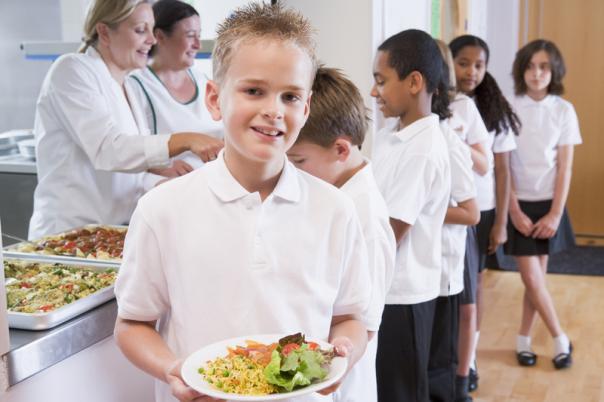LACA & ParentPay report warns free school meals uptake remains national challenge

The 2025 School Meals Report shows that 71% of FSM-entitled pupils are not accessing their free meals every school day.
Based on responses from over 236,000 parents, the report highlights a growing disparity between eligibility and usage. FSM entitlement rose from 23% in 2024 to 37% in 2025, driven by cost-of-living pressures, demographic shifts and improved identification processes.
The data reveals significant shortfalls in daily uptake:
- Only 29% of eligible children are using FSMs four to five times per week.
- Around one in ten entitled children are not registered at all – often due to stigma, confusion, or language barriers.
- The issue isn’t limited to lunch time – whilst 55% of UK schools offer breakfast provision, a third (33%) of parents said their child doesn’t attend, even when the service is available.
Michael Hales, chair of LACA, said: “Expanding FSM eligibility is a critical step, especially during a cost-of-living crisis. But for these policies to truly benefit families, the school meal service must be properly funded (at least £3.45 per meal, index-linked) and assessable, through auto-enrolment in every local authority, so that all children can access their free school meal without delay.”
According to a further survey by ParentPay Group, 86% of school leaders believe nutritious school meals are not just a welfare issue, but a lever for improving rankings and long-term outcomes. Nearly two-thirds (61%) say that pupils eating nutritious school meals are more ready to learn, while 58% say behaviour improves when children eat well.
Phil Roberts, group chief growth officer at ParentPay Group, added: “No child should miss out on a hot meal simply because their parent didn’t receive a form or felt embarrassed to apply.
“We’re working closely with schools and caterers to simplify the process – from automated opt-out registration and stigma-free messaging that normalises FSM use, to providing easy-to-use digital tools that help families track eligibility and bookings. These small steps are practical, proven and could make a life-changing difference to thousands of children.”
